Sound and vision Record collectors all over the world seek out Winnipeg engineer’s clearly different vinyl protection sleeves
Read this article for free:
or
Already have an account? Log in here »
To continue reading, please subscribe:
Monthly Digital Subscription
$0 for the first 4 weeks*
- Enjoy unlimited reading on winnipegfreepress.com
- Read the E-Edition, our digital replica newspaper
- Access News Break, our award-winning app
- Play interactive puzzles
*No charge for 4 weeks then price increases to the regular rate of $19.00 plus GST every four weeks. Offer available to new and qualified returning subscribers only. Cancel any time.
Monthly Digital Subscription
$4.75/week*
- Enjoy unlimited reading on winnipegfreepress.com
- Read the E-Edition, our digital replica newspaper
- Access News Break, our award-winning app
- Play interactive puzzles
*Billed as $19 plus GST every four weeks. Cancel any time.
To continue reading, please subscribe:
Add Free Press access to your Brandon Sun subscription for only an additional
$1 for the first 4 weeks*
*Your next subscription payment will increase by $1.00 and you will be charged $16.99 plus GST for four weeks. After four weeks, your payment will increase to $23.99 plus GST every four weeks.
Read unlimited articles for free today:
or
Already have an account? Log in here »
Hey there, time traveller!
This article was published 15/07/2022 (1246 days ago), so information in it may no longer be current.
Over 50 million new vinyl albums were sold in North America in 2021, every last one of which came cloaked in shrink wrap. There’s a reason it’s called that; leave a record in its tight-fitting sheath long enough and it’s bound to warp.
That brings us to Mike Sarazin, founder of Vinyl Storage Solutions, a local success story that turns out clear-as-day, fully recyclable vinyl record sleeves meant to protect an album jacket and its innards once the outer plastic has been removed. Online reviews for his products are almost universally positive, ranging from “outstanding” to “brilliant” to “my albums never looked so good.” That’s music to his ears, of course, but the piece of praise that has stuck with the 58-year-old engineer the longest had little to do with how functional his patented designs are, when it comes to shielding people’s prized LPs from wear, tear and — achoo! — dust.
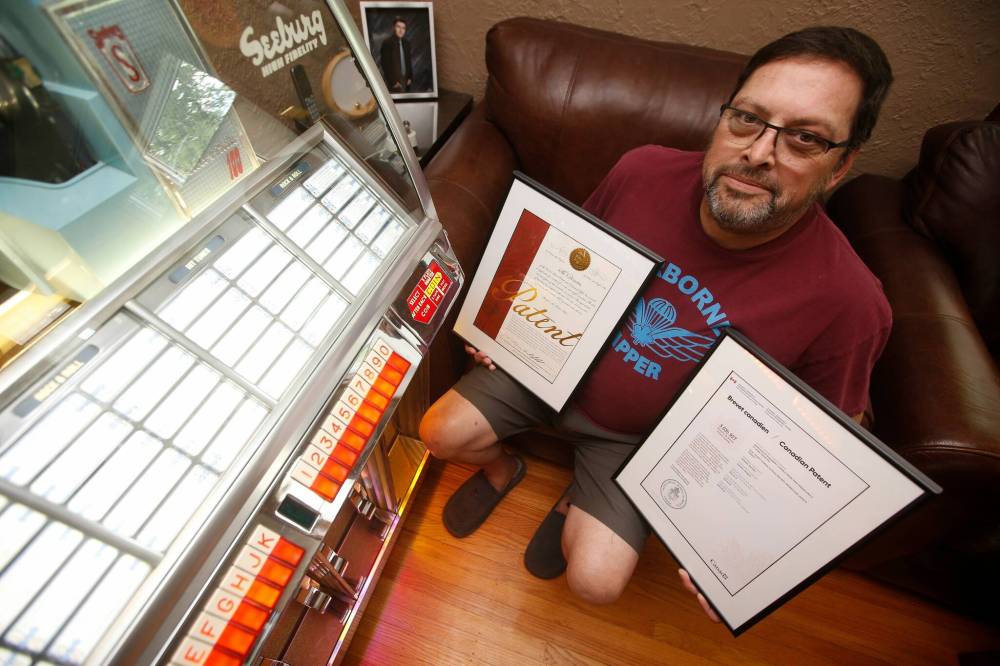
Not long ago, Sarazin was on the receiving end of a message from a first-time customer living in the United States who had previously placed a sizable order for Vinyl Storage Solutions’ 12-inch, dual-pocket sleeves, which, as their name implies, include one sleeve for the album cover, and a second for the vinyl itself. It wasn’t a personal purchase, he indicated; rather, they were meant for a record collection that used to belong to his father, who had died a few months earlier.
In his email the fellow detailed how he and his mother spent a few hours one afternoon, carefully placing his dad’s cherished albums inside Sarazin’s sleeves, one by one. While doing so, they smiled over and over, as they discussed how much his father had enjoyed listening to this or that artist, or where and when he might have picked up a certain title.
“Doing so brought us closer together, and I just want to thank you for not only making everything look great, but for preserving a memory, too,” the writer concluded.
One couldn’t ask for a nicer compliment than that, Sarazin contends, seated in an Academy Road coffee shop, where other customers peek over at a small pile of records he brought along to demonstrate precisely how his variously sized sleeves work.
“That was definitely nice to read,” he continues, “and all I can say is I’m pleased my products were able to play a part in what sounded like a very meaningful experience.”
Vinyl Storage Solutions was founded in the fall of 2018, but the story of the innovative venture actually begins in Sarazin’s hometown of Sudbury, Ont., where he spent many a Saturday afternoon as a teenager combing through the bins of a neighbourhood Sam the Record Man outlet.
Sarazin joined the Canadian Armed Forces in 1981. He served 14 years in the military, three of which were spent studying at the Canadian Forces School of Electrical and Mechanical Engineering.
One of the first things he did after leaving the army in the mid-1990s was gather possessions he’d left at his parents’ place, including a few crates of record albums. He brought those same records with him when he and his wife moved to Winnipeg from Ontario eight years ago. He didn’t give them much thought until 2017, when a company he’d done consulting work for ceased operations, and he suddenly found himself with time on his hands.
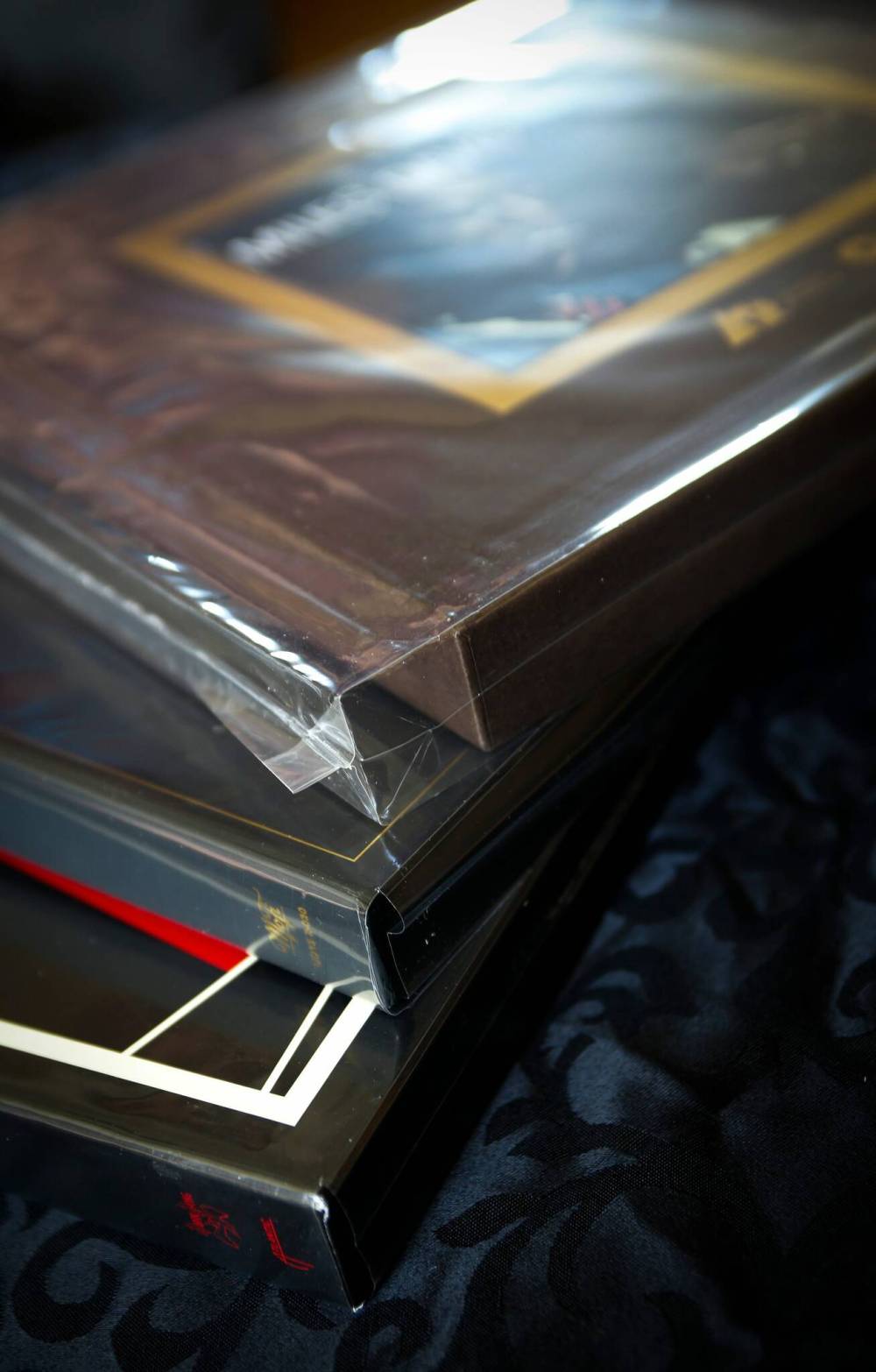
He was sifting through his albums one morning when he became impressed with how ones that had been stored in plastic sleeves for close to 40 years looked almost as good as new. On the other hand, those with bare jackets showed visible signs of ring wear; that is, the impression of the vinyl album had transferred to the album cover, Shroud-of-Turin style, owing to friction.
Donning his engineer’s hat, he thought, what if he built a better mousetrap, by using the experience he’d gained running a polystyrene plant in Kitchener, Ont., to design what in his mind would be the world’s pre-eminent plastic record sleeve? One that, unlike the sort he was staring at, wouldn’t get “cloudy” over time? (Without getting overly technical, cast polypropylene, the film Sarazin settled on for his sleeves, isn’t just clearer than what was previously available, it’s also more moisture-proof and heat-resistant, as well as being highly resistant to cracks and crinkles.)
Here’s the interesting part: it was never Sarazin’s intention to market what he came up with commercially. Except after spending close to a year perfecting his design, only to learn the minimum order the Canadian manufacturer he’d chosen to produce them was 5,000, he decided to keep however many sleeves he needed for his records, around 800, and sell the remainder to interested parties via the internet.
That turned out to be easier said than done. Sarazin says with a chuckle, noting he sold “zero, zilch” over the span of six months. Even when he approached record-store owners to offer free samples, they told him he definitely had a superior product, but doubted the average record buyer would be willing to fork over a buck per sleeve, versus the lower quality PVC variety, which cost about a dime, each.
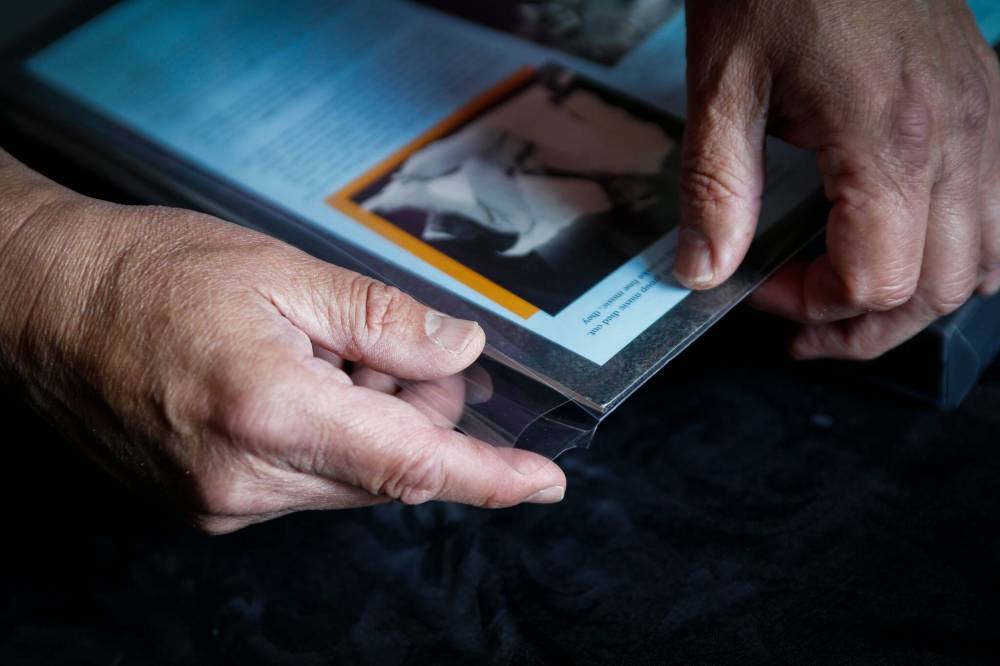
Everything changed for the better in the spring of 2019, after the host of a popular YouTube channel dedicated to all-things-vinyl put together a video touting Vinyl Storage Solutions’ sleeves. Sarazin sold out within days, which caused him to tell his wife he was contemplating placing an order for 50,000 more. What did she think, he asked?
“Hey, you’re the entrepreneur, you tell me,” came her reply.
Three years and thousands of satisfied customers in dozens of countries later, Vinyl Storage Solutions has become the full-time gig for the father of two.
Steve Ward is the owner of Selkirk’s Hi Tone Records, one of 150 retail locations in Canada that carry Sarazin’s sleeves — not just 13- and 12-inch models for conventional albums, but smaller versions, too, for 45 r.p.m. singles and compact discs. Ward twigged into Sarazin’s handiwork two years ago, when he was trying to source Canadian-made sleeves.
“His ultra-clear sleeves make albums look stunning; the cleanliness and quality put them head-and-shoulders above the competition,” Ward says.
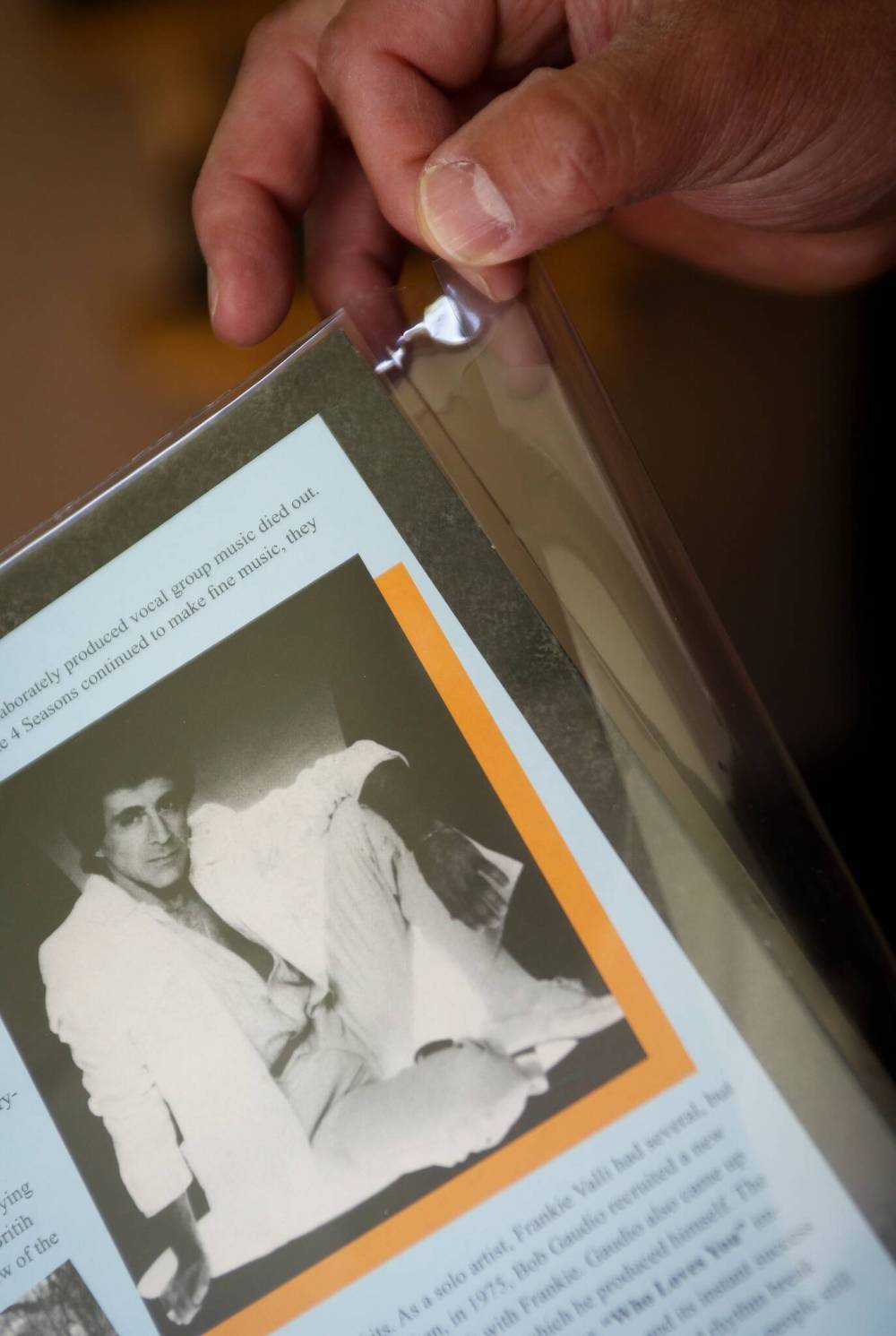
Ward acknowledges Vinyl Storage Solutions sleeves are a higher-end product, but finds serious collectors don’t mind paying a tad more for quality. Nor do 20-somethings who have dropped $40 on the latest Taylor Swift or Harry Styles release, and don’t want the jacket to get scuffed up.
“In addition to selling Mike’s sleeves in packs, I use them on my premium, used vinyl, and also give my customers a free sleeve with every new album purchase,” Ward goes on. “This obviously cuts into my profits slightly, but my customers seem to appreciate it and often return looking to buy a pack, to upgrade from their older sleeves.”
In late May Sarazin received his third utility patent, this one for a plastic sleeve with fold-out, squared-off edges targeted specifically at multi-album box sets. No sooner had he gotten around to filling pre-orders than people began sending him shots of box sets they’d encased in his sleek-looking coverings. That happens almost daily, he says, turning his phone around to show off a pic of a person’s freshly sleeved, 50th anniversary edition of Elton John’s Madman Across the Water.
He’s pleased as punch with the success he’s had to date, yet still feels as if he’s barely scratched the surface.
“Something like 150 million albums were sold worldwide last year, so yeah, a pretty big number” he says, adding he recently inked a licensing deal with a European distributor, which should allow him to turn his attention to the massive market south of the border. “Throw in all those records in people’s private collections and sales of two or three million sleeves per year seems entirely doable. That’s the goal, at least.”
david.sanderson@freepress.mb.ca
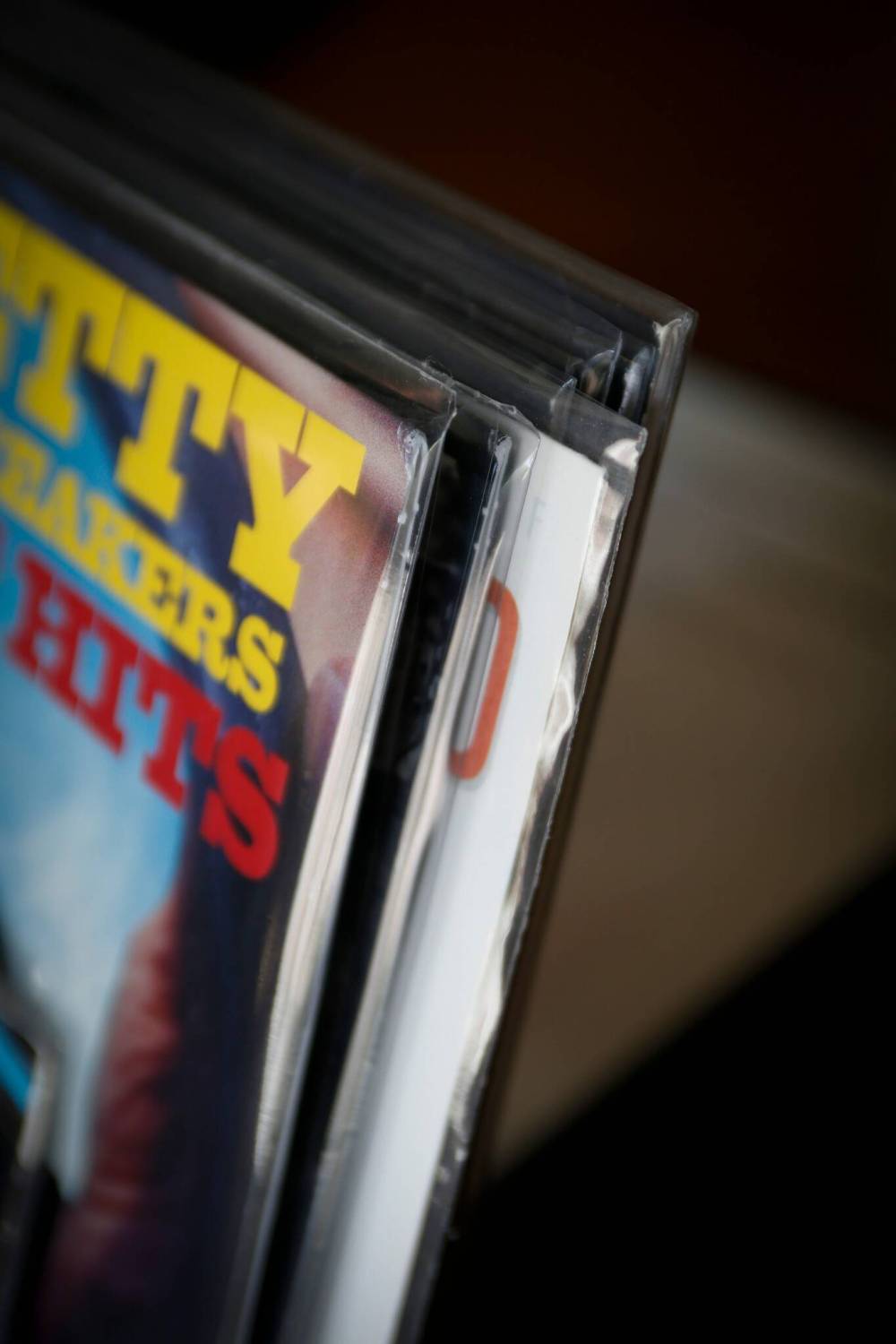
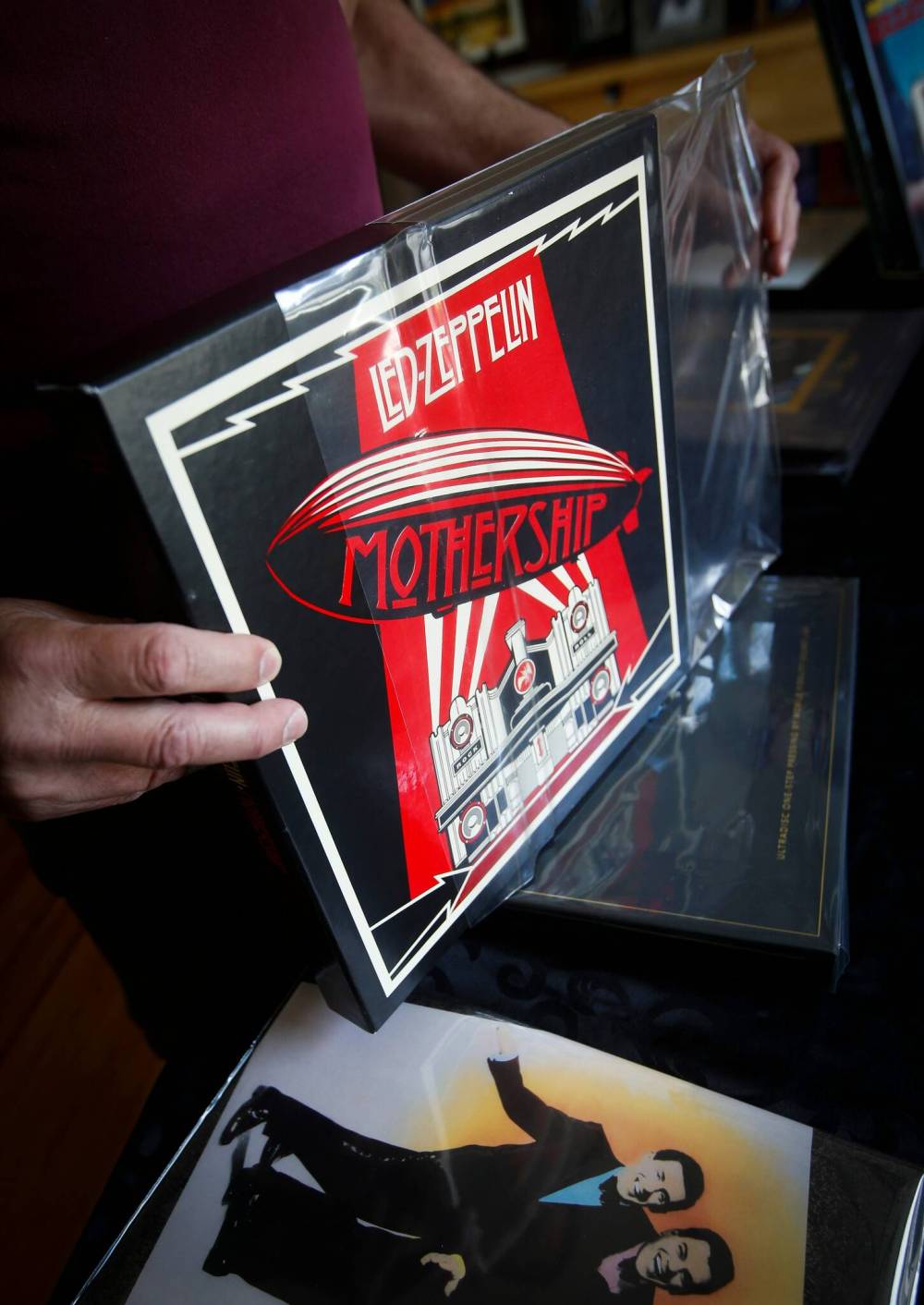
Dave Sanderson was born in Regina but please, don’t hold that against him.
Our newsroom depends on a growing audience of readers to power our journalism. If you are not a paid reader, please consider becoming a subscriber.
Our newsroom depends on its audience of readers to power our journalism. Thank you for your support.








